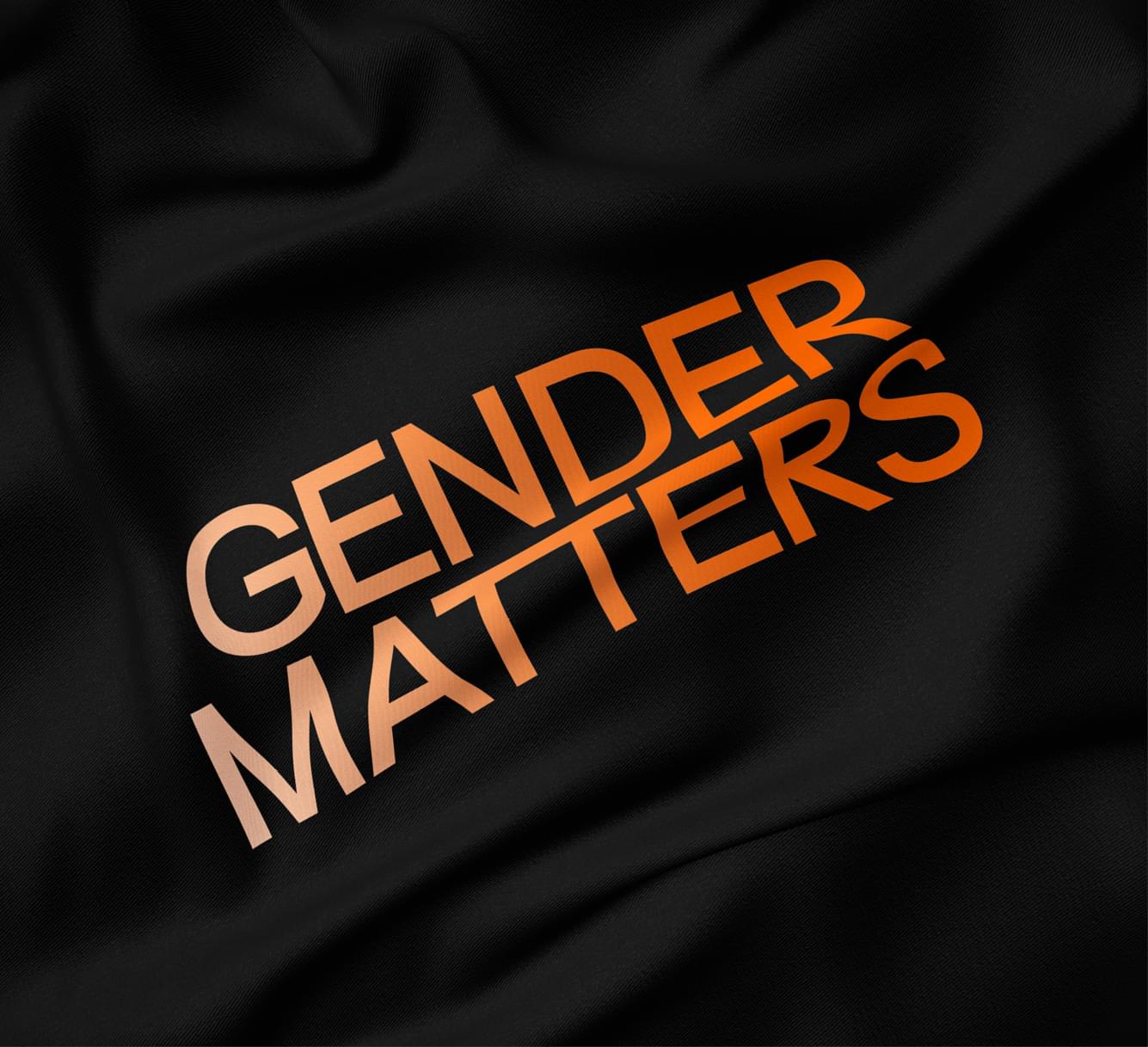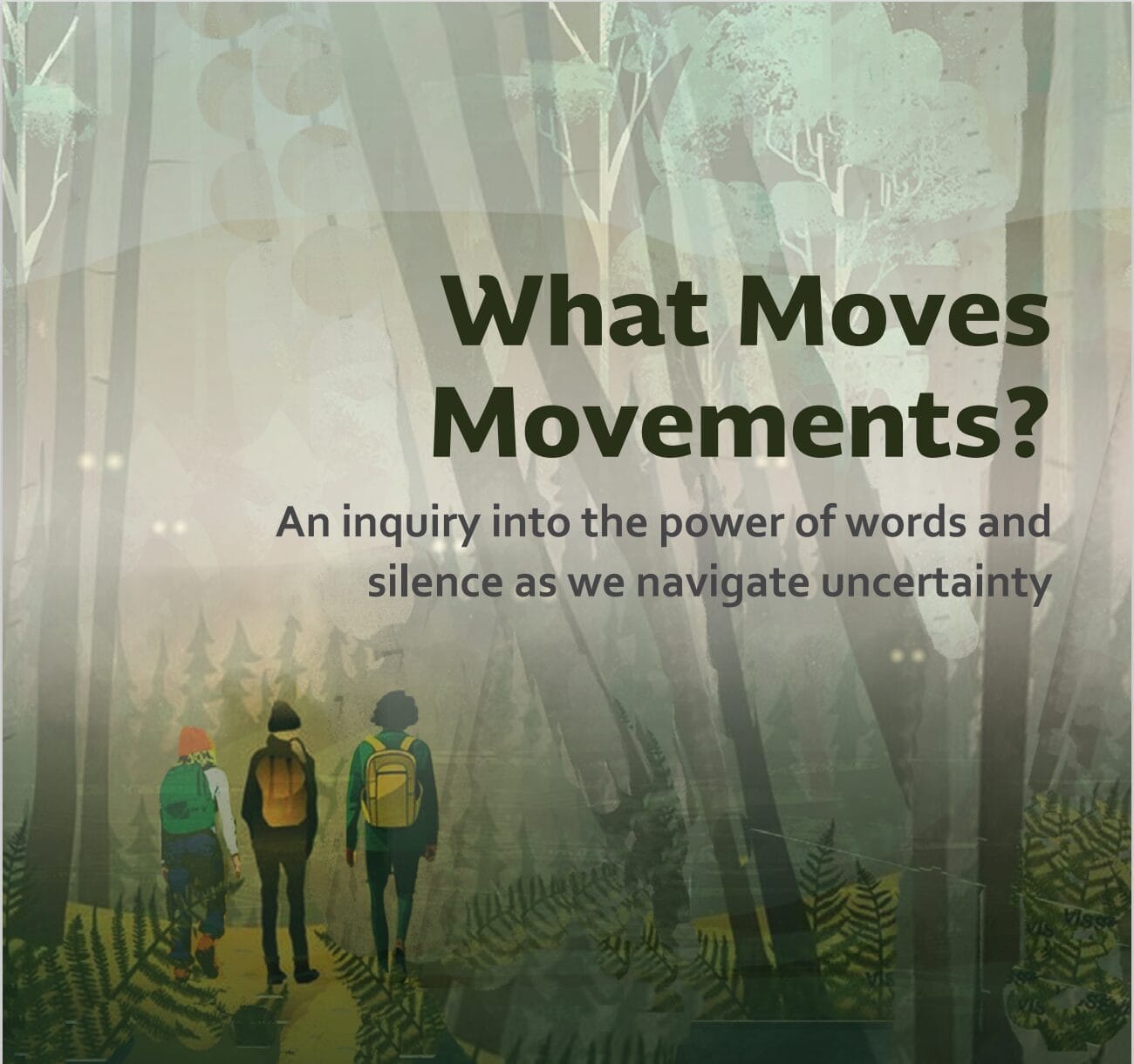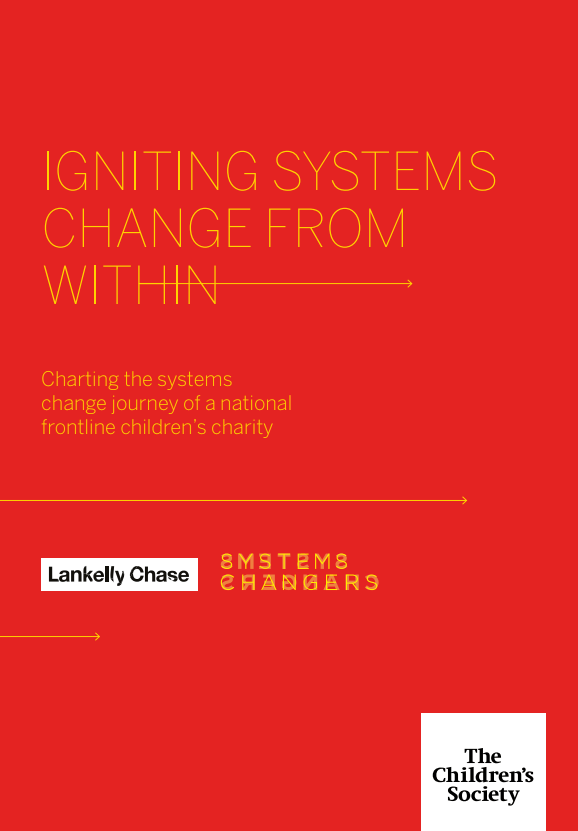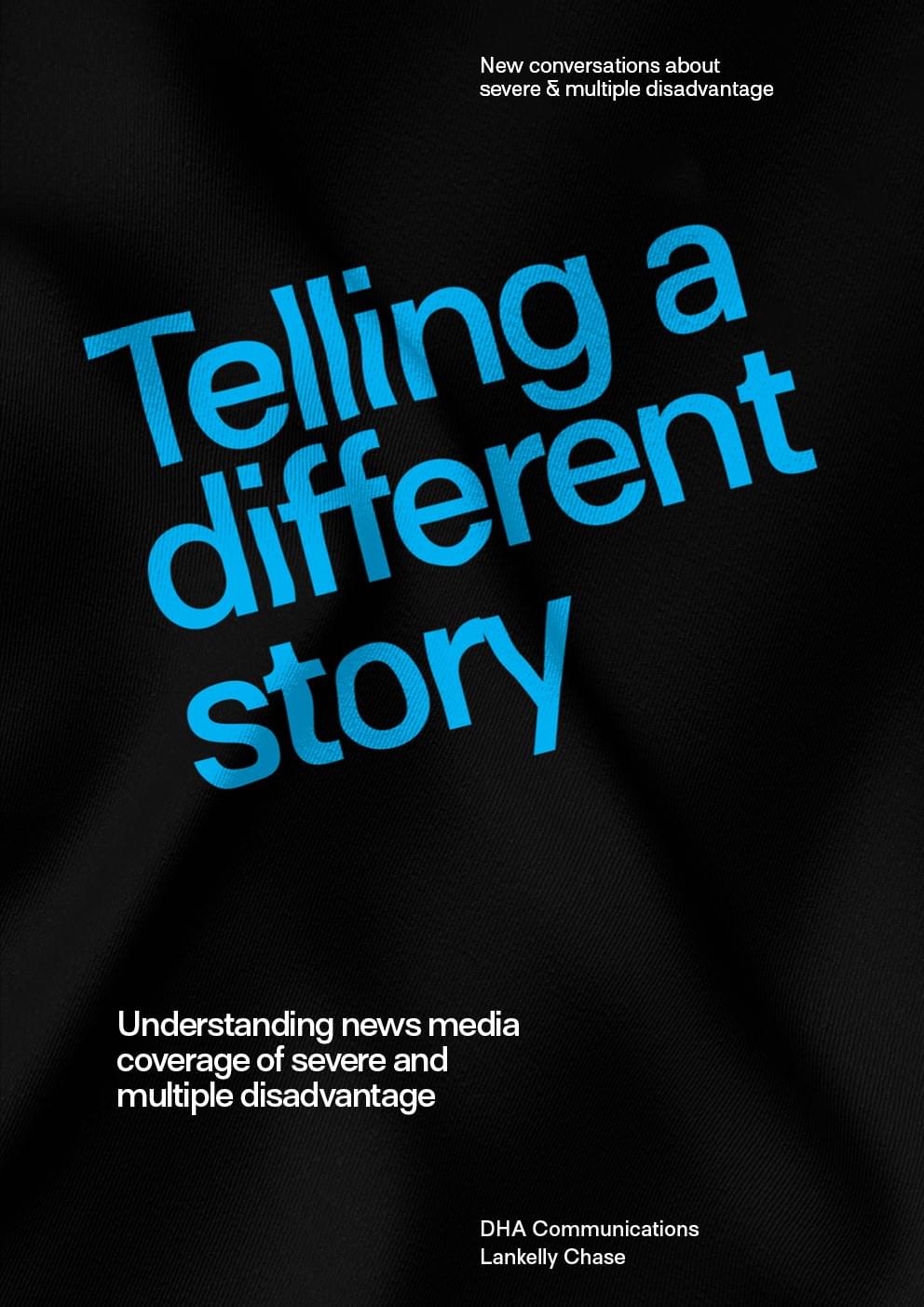4th February 2020, words by Filip Sosenko, Sarah Johnsen, Glen Bramley
Following Hard Edges (2015), we began a process to explore how disadvantages might cluster differently in the lives of women. This included consultation with women facing multiple disadvantage about the experiences most relevant to them. They concluded that interpersonal violence and abuse and poor mental health would both cast more light on gendered differences.
In common with previous studies, ‘severe and multiple disadvantage’ is taken here to include the experience of homelessness and substance misuse but violence and abuse and poor mental health are also included as primary domains.
By using an alternative definition and different data sources a different profile of people emerges. The findings point to a significant number of women who face combinations of severe disadvantage at least as serious as those faced by men and on an equivalent scale. Part of the reason this hasn’t been so visible before is that we have relied on administrative data from services, and so the experiences of people who aren’t on their caseloads have remained hidden.
Perhaps the starkest finding of the report is the degree to which violence and abuse in the home are ongoing facts of life, from childhood onwards, for many people facing severe and multiple disadvantage, particularly women.
Key statistics
- 336,000 people in England today (that’s roughly the same size as the population of Nottingham) face at least three of four of life’s harshest disadvantages – homelessness, mental ill-health, substance misuse and violence and abuse.
- 17,000 people experience homelessness, substance misuse, mental ill-health and domestic abuse at any one time.
- 70% of the 17,000 – that’s nearly 12,000 – are women.
Gender Matters full report Feb 2020
Gender Matters summary report Feb 2020
Here’s the black and white printer-friendly version.



